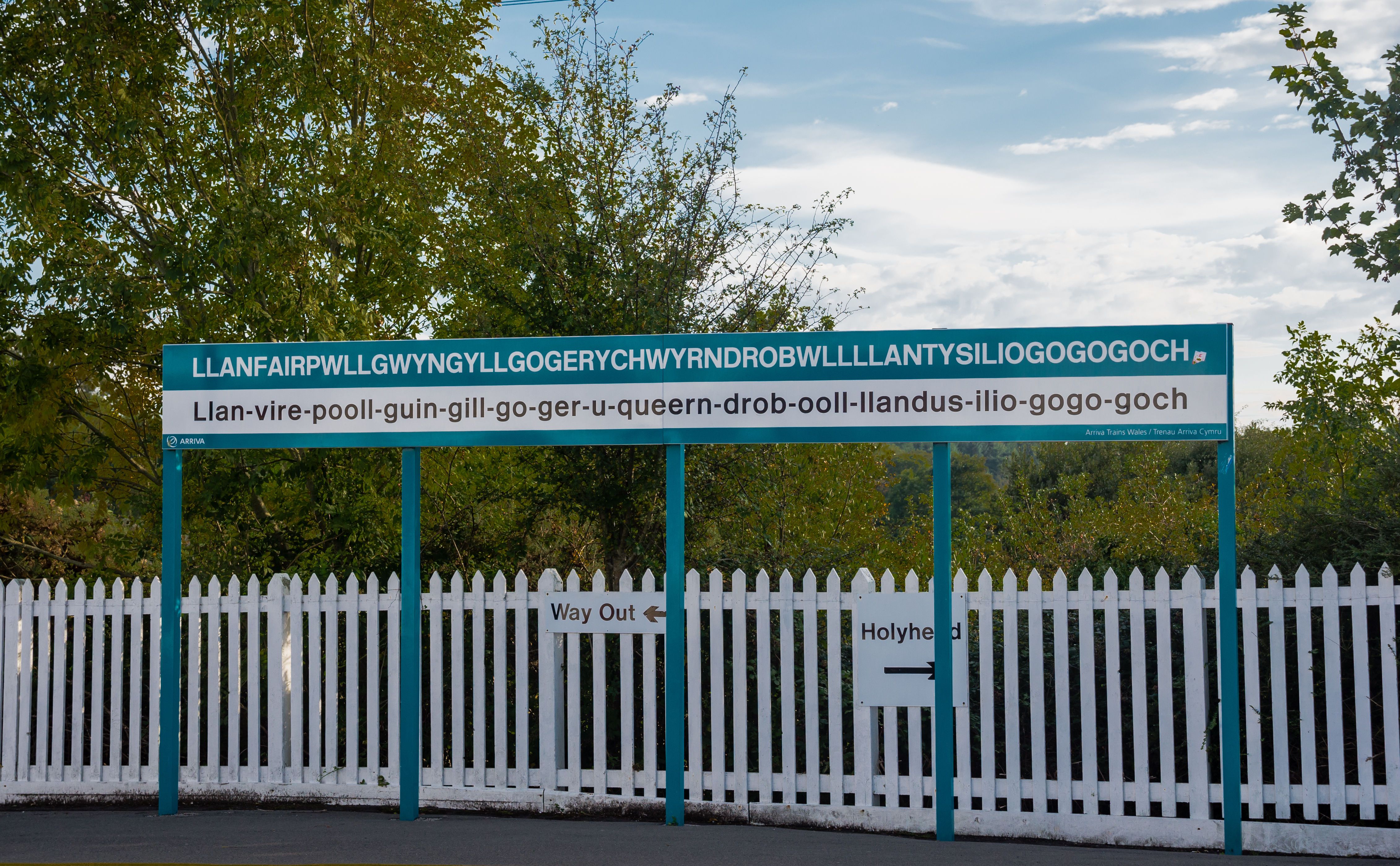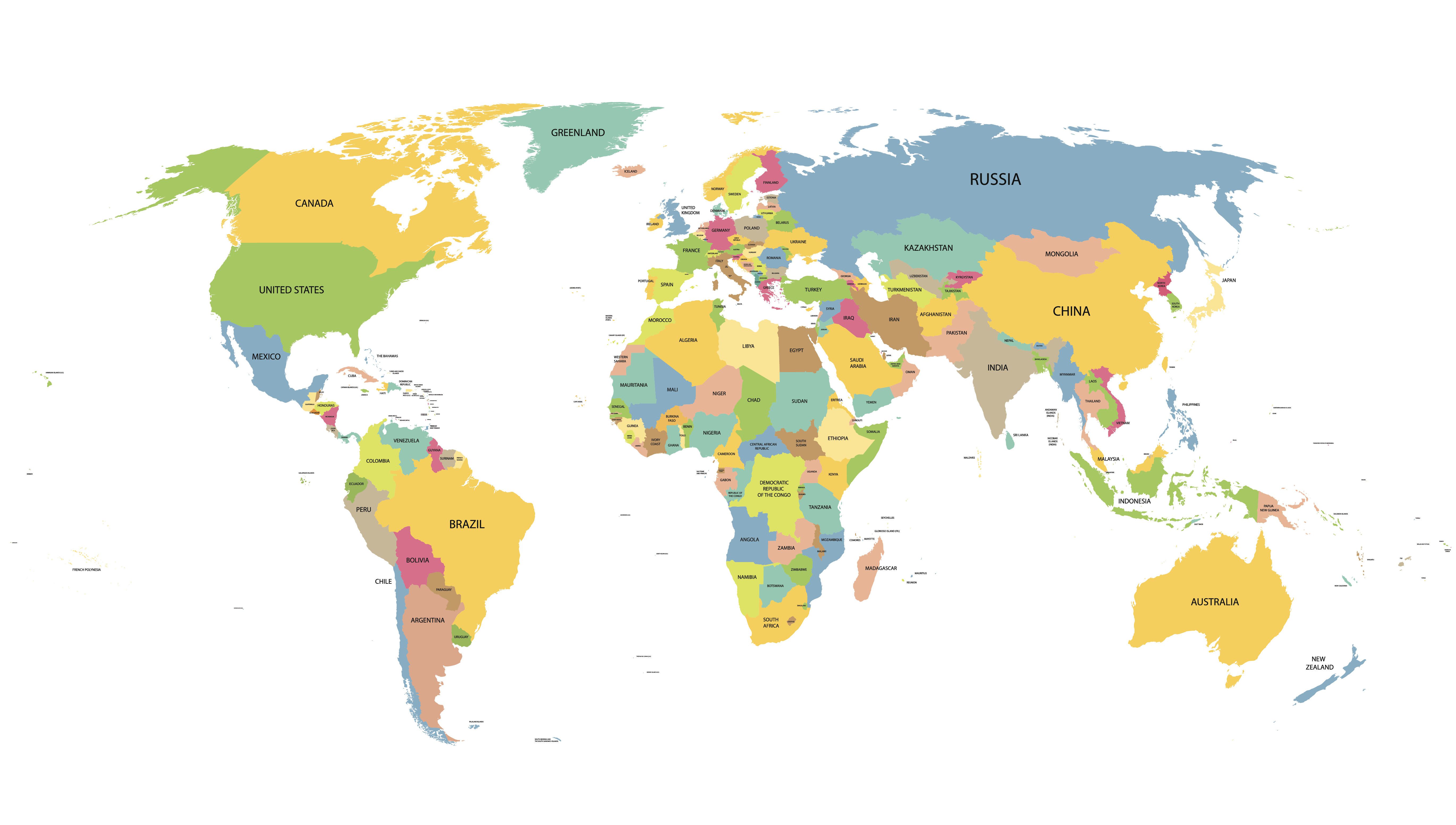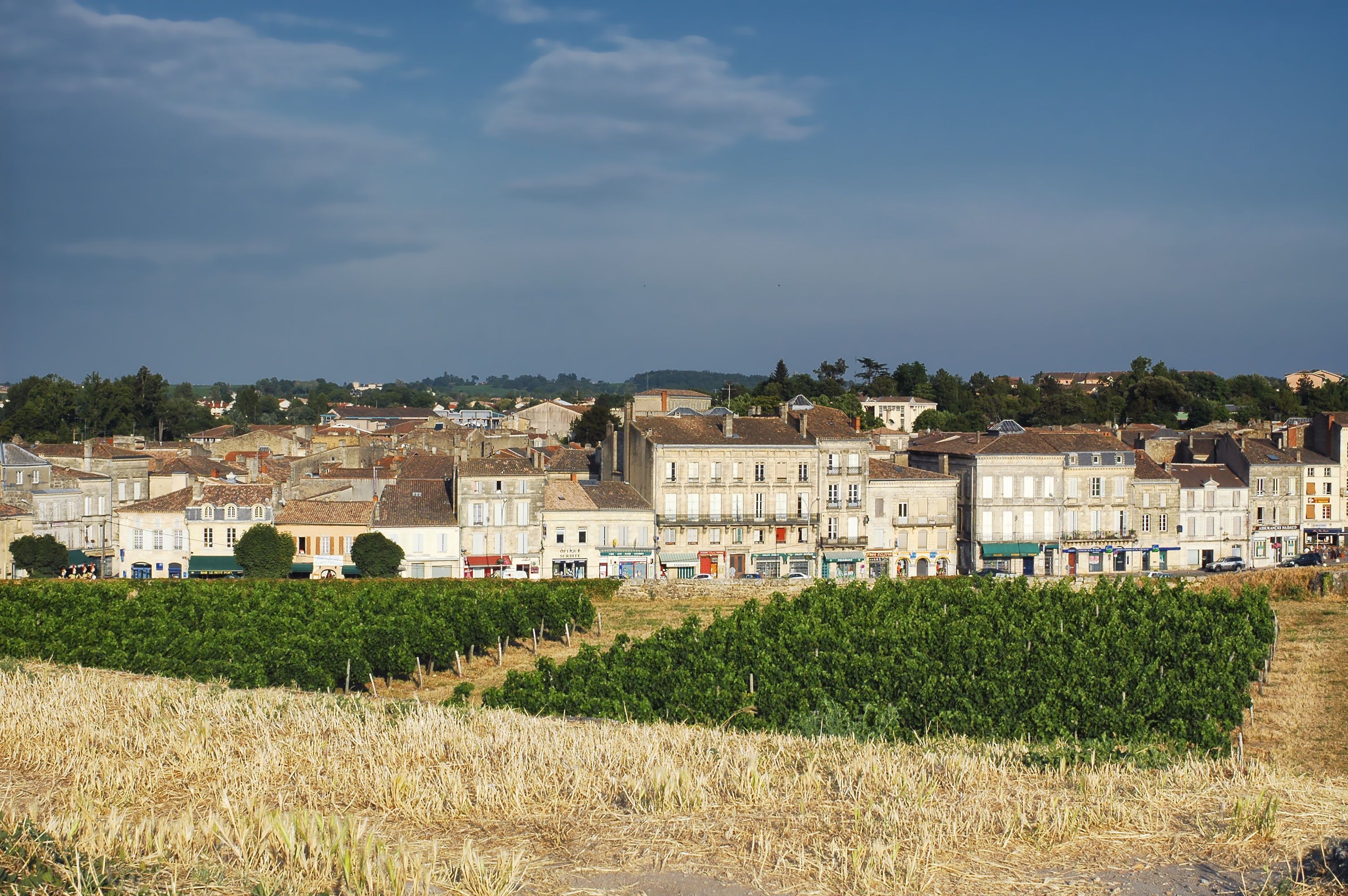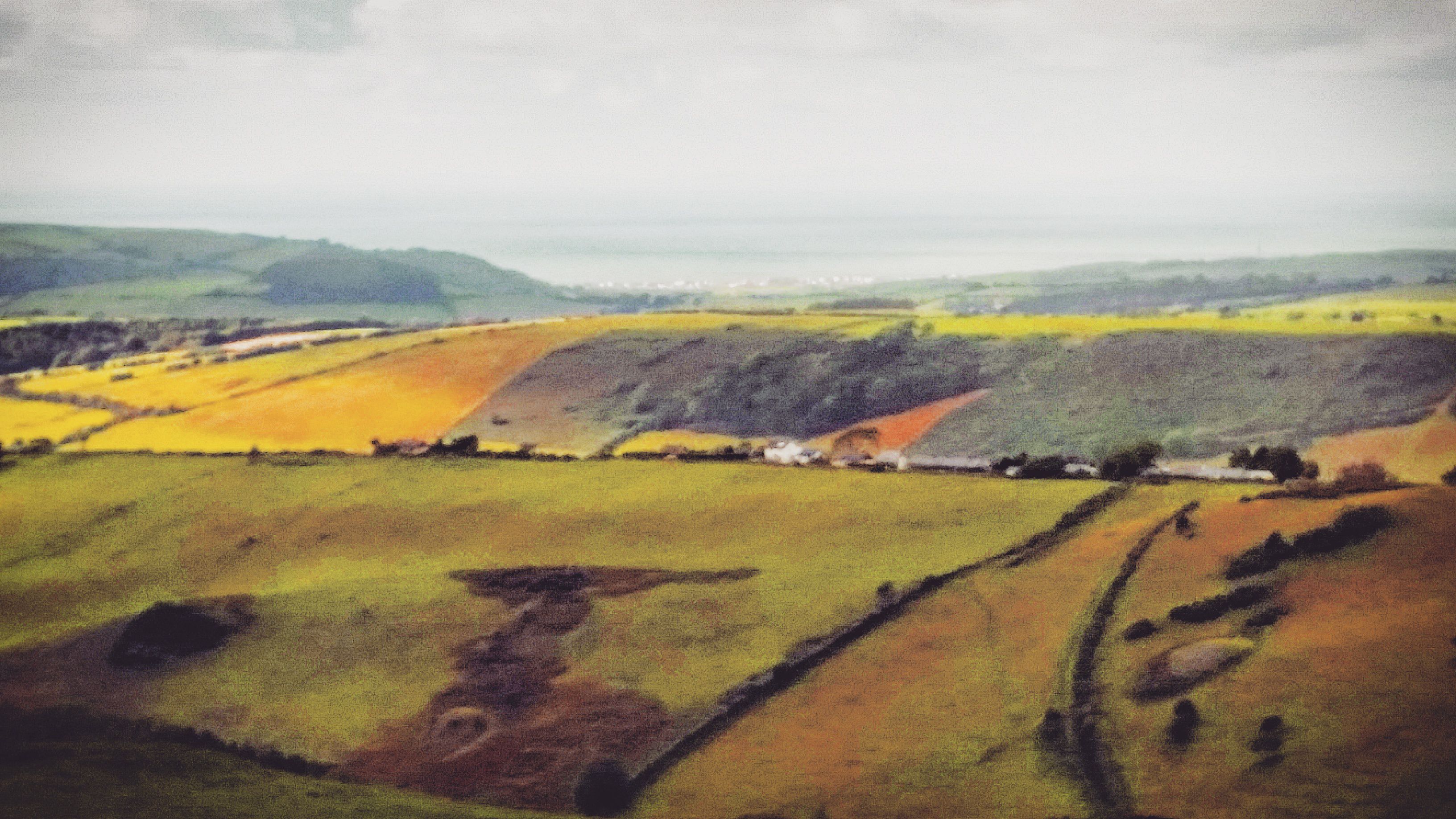Are you learning an endangered language?
We’re now into the third week of our uTalk Challenge! Over 350 people are taking part and over 40 languages have been chosen to learn! The most popular languages are some of the most spoken ones in the world like Polish, Spanish and Japanese.
Interestingly, we also have some endangered languages chosen. UNESCO publishes a list of the languages that are classed as endangered; there are five different levels, from Vulnerable (most children speak the language but only in restricted places) to Extinct (no one speaks the language anymore). Some of these surprised as me as Welsh, Scottish Gaelic and Irish are all on the UNESCO list. Hawaiian is on the list as ‘critically endangered’, which is one level away from being extinct, due to the speakers of the language being the oldest generation of the family.
When it comes to our uTalk Challenge here are the four of the endangered languages that have been chosen:
Basque
There are around 660,000 speakers left of this language and although spoken in Europe it’s not classed as the Indo-European family of languages, potentially due to it being totally unique, with no similarities to any other languages. There are many theories on where the Basque language comes from, but none of these have conclusive evidence. One of our uTalk Challengers, Patricia, is learning Basque and quickly selected ‘garagardoa’ as her favourite word for beer in any language! Find out why in her video.
Scottish Gaelic
It is quite clear that Scottish Gaelic is spoken in some parts of Scotland, mainly in the Western Isles. It is one of the three languages in Scotland, with English and Scots also being spoken. Scots is also classed as an Endangered language, but on a lower level than Scottish Gaelic. There are around 60,000 people who speak Scottish Gaelic still. However, across many Scottish schools the introduction of Scottish Gaelic began in the 1980s, with it now being taught across primary and middle schools.
Welsh
Welsh is Britain’s oldest language, dating back to around 4,000 years ago. Today there are 750,000 speakers; this is around 20% of the Welsh population. Welsh is most popular in the west of the country; however, there is evidence that more schools in Wales are now teaching the language. Within Wales there are two main dialects, North and South Walian. It is hard to establish where these two dialects cross over, as they both have different accents, vocabulary and grammar points. Liz and Nat from the EuroTalk office are learning Welsh for the challenge (in fact Nat’s already completed the app because she’s much better at languages than the rest of us!).
Wolof
This is one of the six main languages in Senegal. Originally written with an Arabic alphabet, it was then standardised using the Latin alphabet. A lot of Wolof speakers use French loan words when speaking the language, which could be one of the reasons Wolof has become an endangered language. In certain urban areas of Senegal people use a mix of Arabic, French and Wolof but in Gambia they use English words as loan words instead.
Do you speak any endangered languages? Please let us know on Twitter or our Facebook page. Or if you’d like to learn an endangered language, you can find all of the above and more in our uTalk app.
Alex
How to keep New Year’s resolutions
We’re well settled into the new year and we’re all full of hopes and dreams for the next 12 months – learning a new language, getting fit, changing our job, travelling more. Most likely in the first week of the year you were super pumped, ready to drop anything to stick to your main goal(s).
By the time the second week came however, you kind of settled in, relaxed the rules a bit and got back to some of your old habits. When January’s over, your goal will be completely forgotten like it was never there and you’re going to be thinking ‘how silly of me to think that I could learn Spanish’.
That can be one of the ways the future looks. Let’s take a different turn. Lets push through the phase when we want to give up and see what happens. The other road is familiar but wouldn’t it be nice to see what else can happen? What if you did learn Spanish this year? You could read books in Spanish, and you could talk to other Spanish speakers, and on your next holiday in Spain you could strike up a conversation with a stranger and end up making new friends.
Studies have shown that the human brain tends to value immediate rewards more than future rewards. When you set a goal or a resolution you are in fact making plans for your future self and it ‘s easy to imagine how your life can look. But, when the time comes that you actively pursue that goal most people choose immediate gratification and opt to do what they feel like in the moment.
Now that we understand how our mind works, it’s time to find ways to stop this from happening.
- Start slowly and build a ritual. Set yourself to practice for half an hour a day – that’s not too much to ask right? Offer yourself a reward after – if you’re learning a language with uTalk, the reward comes in the form of earning points and we all like to build up to a nice score, right?
- Put aside some of your other tasks. Obviously not work or eating but if you usually browse the Internet while commuting why not replace that with your main goal?
- Keep your eyes on the prize – never lose sight of your motivation. Look at pictures of beautiful Spanish landscapes and imagine yourself having a chat with the locals, or listen to Spanish songs and try to understand the lyrics.
I hope this helps you push through the temptation of giving up and will ultimately get you to your goal. And don’t worry about making mistakes; the only person who loses is the one that gives up, so no matter how slow you are going, it’s still better than if you weren’t doing anything.
And if your goal is to learn a language (or twelve…), there’s still time to join the uTalk Challenge!
Ioana
How do you say Llanfairpwll…?
Everyone was blown away the other day when Liam Dutton managed to effortlessly pronounce the longest ever Welsh place name on live TV: Llanfairpwllgwyngyllgogerychwyrndrobwllllantysiliogogogoch.
Anything he can do…
I don’t know about you, but here at the EuroTalk office we enjoy a healthy challenge, and this looked like just the sort of thing to get our teeth into! For all those of you who’ve seen our video… Okay, maybe it didn’t go exactly according to plan, and didn’t sound entirely as fluent as Liam Dutton’s version, not to mention that our varying collections of vaguely Welsh-sounding syllables probably didn’t mean anything at all in Welsh, let alone bore a resemblance to the actual meaning of the word, which is (take a breath): ‘Saint Mary’s Church in the hollow of the white hazel near a rapid whirlpool and the Church of St. Tysilio of the red cave’.
Still, practice makes perfect, and this was just our first time. If anyone would like to try to do it better than us (which is probably not too much to ask), why not enter out competition to win a FREE Premium Welsh uTalk app. We’ll be picking the winner based on the creativity of the video, and your attempt to pronounce the word. To enter, tweet us @EuroTalk, post it on our Facebook page or email it to challenge@eurotalk.com by Friday 25th September.
So how should we have pronounced it?
To make it slightly easier, here’s a few pointers we used as to how to pronounce it:
1. It helps to break the word down into bite-sized chunks: Llan – fair – pwll – gwyn – gyll – go – ger – ych – wyrn – drob – wll – llan – ty – silio – go – go – goch
2. Some of the letters have different pronunciation in Welsh to how you would say them in English. For example:
- the ‘f’ in ‘fair’ is pronounced more like a ‘v’, to make ‘vire’
- the ‘y’ in ‘gwyn’ i pronounced more like an ‘i’, to make ‘gwin’
- the ‘w’ in ‘pwll’ is more of an ‘oo’, to make ‘pooll’ AND
- the ‘ll’ in ‘pwll’ is more of an aspirated l (keep the tip of your tongue on the roof of your mouth as you say ‘l’, then blow the air over the top and sides of your tongue)
- the ‘ch’ in ‘goch’ is the same as in the Scottish ‘loch’
Taking that all into account, you end up with something which to English speakers looks a bit more like this:
Chlan- vire- puchl- gwin- guchl- go- ger- uch- wirn- drob- uchl- chlan- ti- silio- go- go -goch
So now that you know it, why not have a go at recording it yourself?
Nat




